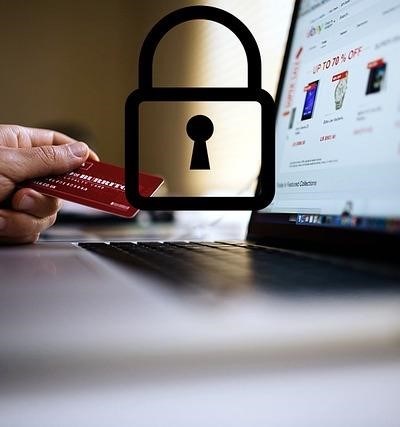
In the ever-expanding landscape of e-commerce‚ customer trust is paramount. A crucial element in building this trust revolves around robust credit card security measures‚ specifically focusing on the Card Verification Value (CVV) code. This three- or four-digit number‚ printed separately on credit and debit cards‚ acts as a critical layer of online payment security and fraud prevention.
The importance of CVV security cannot be overstated. It provides an additional verification step beyond the card number and expiry date‚ significantly reducing the risk of fraudulent transactions. When a customer makes a purchase‚ the CVV entered during the secure checkout process is compared to the one stored by the card issuer. Any mismatch immediately flags a potential security breach‚ preventing unauthorized charges. This is a cornerstone of transaction security and contributes directly to financial security for both businesses and consumers.
Payment gateway security plays a vital role in protecting CVV data. Reputable payment gateways adhere to strict standards like PCI compliance‚ ensuring that cardholder data security is prioritized throughout the entire payment process. This data protection includes measures like encryption and tokenization‚ which protect sensitive data protection from unauthorized access. This commitment to security is key to building trust with customers who are increasingly concerned about digital security.
However‚ CVV security isn’t solely the responsibility of payment gateways. E-commerce businesses also bear a significant responsibility. Implementing robust risk management strategies‚ including regular security audits and employee training‚ is essential. Protecting customer data protection goes beyond simply complying with regulations; it is about demonstrating a commitment to ethical and responsible business practices. This includes clearly communicating the security measures in place to customers‚ building transparency and fostering trust.
Strengthening CVV Security Measures
- Secure coding practices: Employ secure programming techniques to prevent vulnerabilities in your website and payment systems.
- Regular security updates: Keep all software and systems updated to patch known vulnerabilities.
- Data encryption: Encrypt all sensitive data‚ including CVV numbers‚ both in transit and at rest.
- Two-factor authentication: Implement this additional security layer for enhanced user account protection.
- Fraud monitoring: Utilize fraud detection tools to identify and prevent suspicious activities.
By prioritizing e-commerce security and implementing comprehensive CVV security measures‚ businesses can significantly reduce the risk of fraud‚ protect their customers‚ and build lasting trust. This proactive approach not only safeguards against financial losses but also contributes to a positive brand reputation and increased customer loyalty.